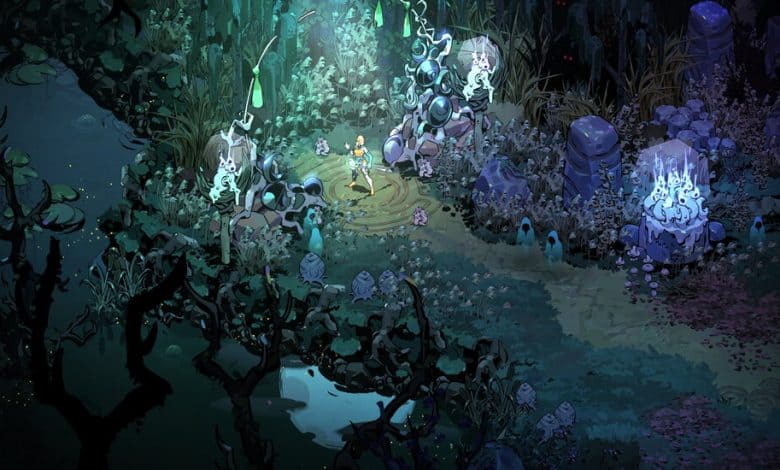Hades II’s Eternal Pursuit of a Tantalizing Past

Hades was officially released in late 2020, during the heights of the coronavirus pandemic. An endlessly replayable spin on Greek mythology, it came out to mass death, to fear, to a society trapped inside, avoiding neighbors and loved ones alike.
Like Zagreus, the rebellious son of Hades trying to escape from his father’s realm, we were also fighting to stay alive, struggling to break free and catch one breath of cool, crisp air before being dragged back inside and down under. Hades was escapism that told a story about escaping, an entertaining time-waster when time was all we had. We could dream alongside Zagreus of a freedom from the crushing forces of the world we had inherited.
Four years later, its successor has arrived, a different game for an entirely different time.
We can touch and talk and see one another. We can cram into a movie theater or a club, can even chug the sweat-filled air of a packed gym. But it’s not the same world as the one we left behind in 2020. Everything’s different. Work, for many, exists in a confused middle groundbetween remote and in-person shifts. Social skills and conversational ease have stiffened and atrophied. Everywhere, once familiar and trusted systems seize up and crumble.
Hades II takes place a number of years beyond the events of the first game. You play as Melinoë, the youngest child of Hades, born sometime during these intervening years and spirited away as an infant just before the titan Chronos invaded the underworld and imprisoned the rest of her family. Chronos comes across as dismissive and haughty, an apt characterization for the father of time.
At first glance, the sequel doesn’t seem to depart at all from its predecessor. Your character fights through a series of worlds, with minor bosses at the end of each and one big boss blocking the way. If you die you must go all the way back to the beginning and start again. Both iterations are about learning and improving through repetition.
